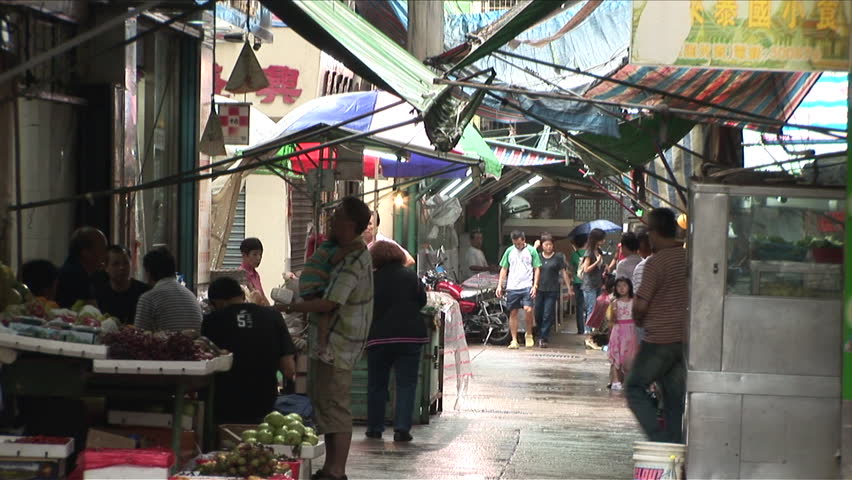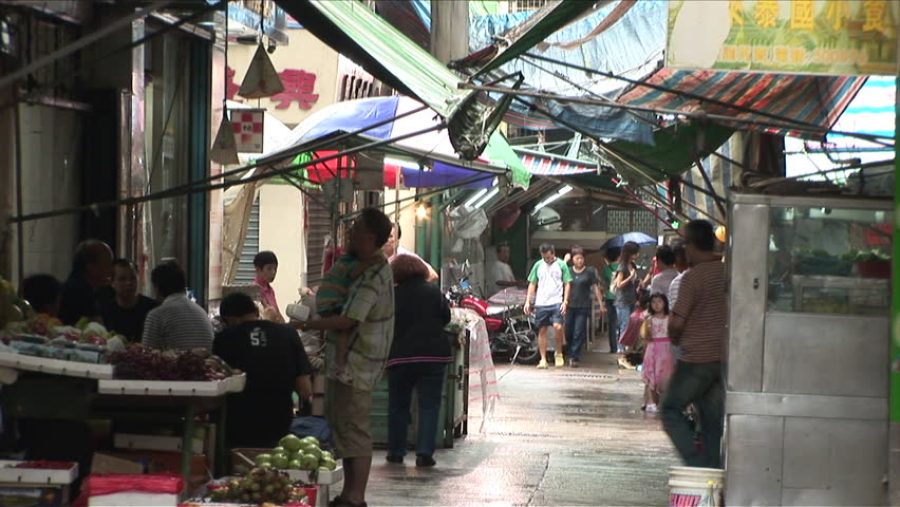Schools will be mandatorily suspended when the new Level 3 rainstorm warning is put into effect, the Education and Youth Affairs Bureau (DSEJ) explained on Thursday, revealing the updated mechanism during a meeting with the press.
The DSEJ has conducted a consultation with education stakeholders on the suspension of schools under the new system.
When rainfall measures 20mm, the Level 1 rainstorm warning will be issued, indicating minor inconvenience. Schools are recommended to refrain from punishing students for turning up late to school.
When rainfall measures 50mm, the signal will escalate to Level 2, which will trigger a whole-day suspension for non- -secondary foundational education, while secondary schools will be suspended for half a day.
The most severe condition is when Level 3 is issued, indicating 80mm or more of rainfall. School suspension is mandatory, but facilities should remain open to take care of students that are already on school premises.
The bureau is not worried about possible burden on students, describing it on Thursday as minimal.
The new system replaces the existing “on or off” rainstorm warning system, implemented in 2004.
The current system determines only whether there is a rainstorm warning in effect, without actually indicating the severity of the situation.
In addition, the system does not concern secondary school students, meaning that even if there is a rainstorm warning, they will still need to go to school, no matter how heavy the rain becomes.
In July this year, the Meteorological and Geophysical Bureau decided to revive the tiered rainstorm warning system. The new system will allow the weather bureau to warn the public with reference and indication to the severity of the condition.
International rankings
In response to questions about the international rankings of Macau’s education system, the DICJ’s Coordinator for School Supervision, Wong I Lin, told journalists to “draw a mind map to understand” the three internationally acclaimed evaluations, PISA, PIRLS andTIMSS.
PISA tests 15-year-old students’ literacy in reading, mathematics and science. PIRLS evaluates the reading competency of Primary 4 students. TIMSS focuses on mathematics and science abilities of both Primary 4 and Secondary 2 students.
Macau has yet to take the TIMSS test, but the DICJ aims to take the city’s first in 2023.
Wong said these tests are taken to help teachers become more creative and vigorous in teaching, improving the efficiency, effectiveness and quality of learning.
Vocational education
Reviewing its development, the education bureau said it thinks vocational education in the Macau SAR is quite successful, with 80 per cent of last year’s graduates from vocational schools admitted into universities, while half of them extend their vocational path into tertiary education.
There are a total of 35 multifaceted courses offered by nine education bodies, covering areas of culinary techniques, Internet communications, hotel management and arts and culture.
The education bureau noted that the final enrolment number is still being calculated as registration is ongoing. However, the trend of late has been downward, following the downturn of overall secondary school enrolment.
According to Macau Daily Times, the old decree law governing technical and vocational education, numbered 54/96/M, requires students to complete an internship in the final year of their secondary education.
However, with the future law in place, the new internship requirements will allow schools to arrange internships for their students in an independent manner. The internships can be held in one longer period, or divided into phases over the three years of senior secondary education.
For the latter, there must be one phase in which students finish not fewer than 300 hours of interning.






